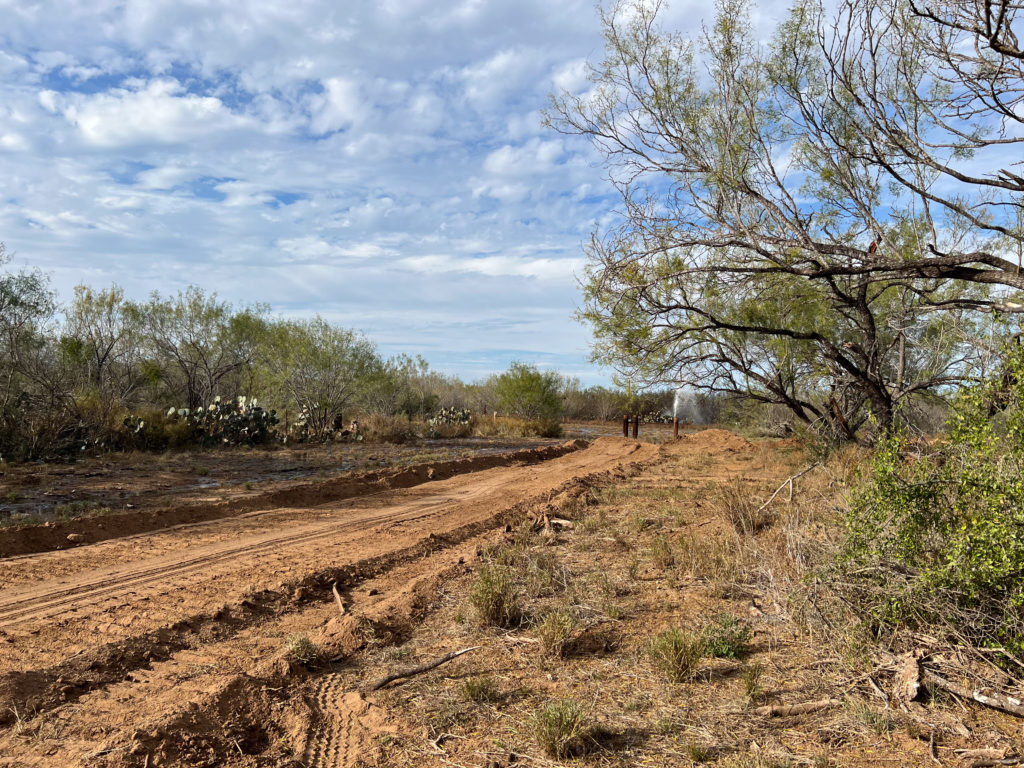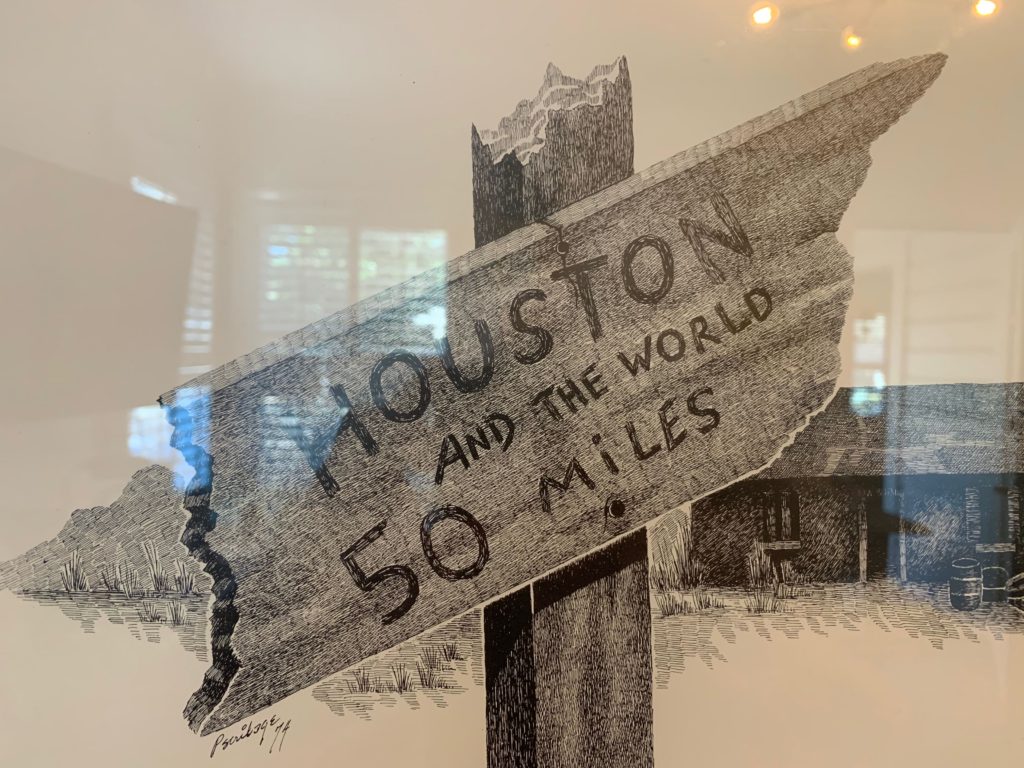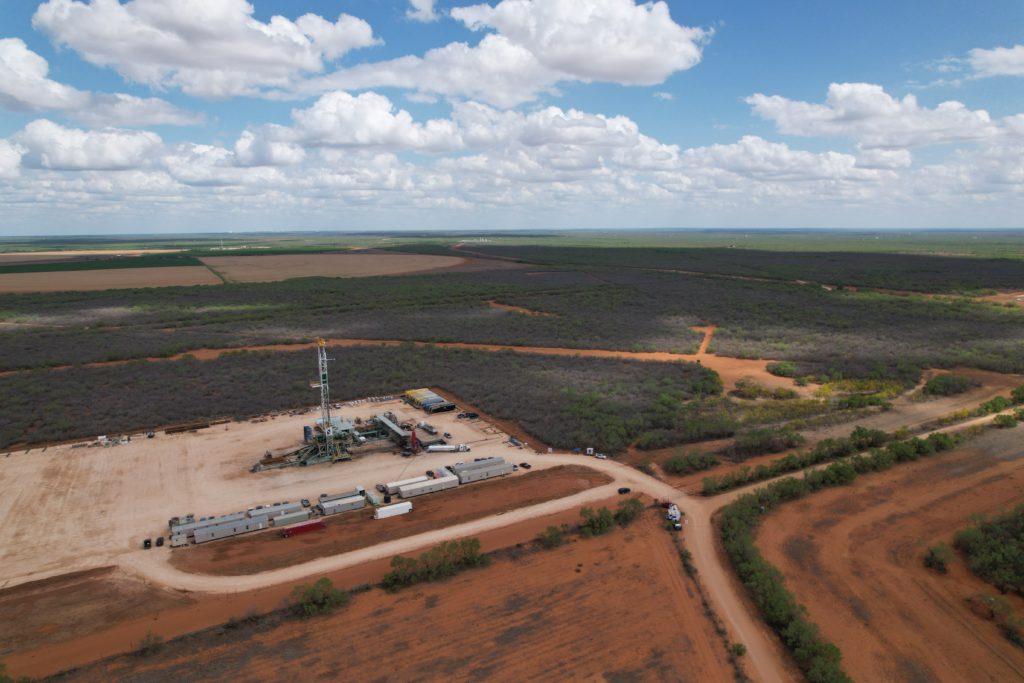One of the most important aspects of being a landman (an actual landman, not one of the cold callers for a mineral buying company that just calls themselves a landman) is our problem-solving approach. The analytical way in which a landman learns to gather information is similar to the now-defunct profession of investigative journalism. When presented with a problem, such as “who owns the minerals under this tract,” we prepare a mineral ownership report based on all the public records filed in the county courthouse. Sometimes, a problem requires a more creative approach, such as determining whether Emma Brownlee and Emma Smith are the same person. In such a case, an affidavit of heirship suffices, requiring only two disinterested parties to sign it.
Developing Your Curiosity, Find the Why
Landmen specialize in locating and utilizing information to solve problems. This skill is developed over time and cannot simply be taught. It is through experience that one learns how to sift through multiple sources of information and separate the valuable from the worthless. The ability to detect falsehoods and inconsistencies is what ultimately makes a landman a landman. Reading hundreds or thousands of contracts over time leads to a subconscious sense for when things are not what they seem. Then, the natural curiosity that every landman must possess takes over, and before you know it, you’ve fallen down a rabbit hole in search of the motivation behind why the hairs on the back of your neck stood up when you read that contract or agreement. It is never enough to accept that something is just “off.” We have to know why. Speaking of “find the why,” if you haven’t read Start With Why by Simon Sinek, I highly recommend picking it up.
Learning About Human Behavior
Much of the “why” in historical research involves studying human behavior. By reading and analyzing the records left behind, we can develop a sense of who a person was, how they acted in their personal and business life, and how their life unfolded. Records of marriages, divorces, contracts, bankruptcies, and lawsuits all contribute to the story. Piecing together these elements to find the correct order is like being the narrator of a “choose your own adventure” book. While it is possible to come to the wrong conclusion, in the end, all we have to go off of is the actual documentation, so our gut instincts might not be relevant. Nonetheless, that doesn’t stop us from writing the stories we uncover.
Natural Curiosity
The natural curiosity that makes a great landman can be a huge asset when used appropriately, but it can also create awkward tension. For instance, let’s say your spouse has met a potential new colleague or employer and is considering making a big career change. Because of your natural curiosity and your ability to find information about people, you decide to do a little research on this new colleague. You’re thinking like a landman. Their LinkedIn profile seems to be in order, with good experience and a long tenure at the company. A quick search in the local CAD shows that they own a nice house on the north side of town, and you already know they have a couple of children. This information should be enough to determine that there’s nothing off about this person.
Sometimes You’d Rather Not KNow
But your landman curiosity prompts you to run a background check for fun. Just to see if everything is groovy. You find a couple of items under the “Arrests & Bankruptcies” section. Ouch. There are repeated DWIs and a personal bankruptcy a few years ago. You also notice a few previous spouses, so there have obviously been some divorces. Knowing this information is now a burden that you need to deal with.
To be clear, what you just found out might not matter to a lot of people. What someone does in their personal life does not always mean they’re irresponsible professionally. But then again, maybe it does? Let’s take this hypothetical situation a step further and arrange a dinner with spouses so everyone can “get to know one another.” You sit there, listening to this person paint a glowing picture of their personal and professional success, knowing that some of it is at the very least exaggerated or misrepresented. There’s a saying about curiosity and a cat…
Turning it Off
Once you learn how to find and interpret information, it becomes hard to stop. This is essentially what landmen do, and it can permeate all other aspects of their lives. It can be a blessing and a curse, but ultimately, it’s what makes a great landman. The ability to analyze and interpret information can be applied to any profession, making it a valuable skill to have. However, it’s important to know when to turn it off and respect people’s privacy.
This is part of the independent Landman Handbook
Make sure to check out the other posts in this series
The Broken System – Time to Burn it Down
The other day when I was contemplating the idea of a broken system I had…
How to Find Your Voice in a Broken System
Make sure you check out some of our most recent posts below to catch up…
The Circle of Landman Life – How Landmen Are Made
This is a story about how landmen are made. Back when I was in college/just…
The Value of a Professional Image
Everybody’s Doing It When the Shale Boom started, most landmen were required to join AAPL…
Finding the Words
We’re (almost) a week into August, and I’ve posted something every day this month. This…
Scratching the Surface – Working as a Surface Landman
In the pie chart of different landmen, most of the pie is taken up by…












